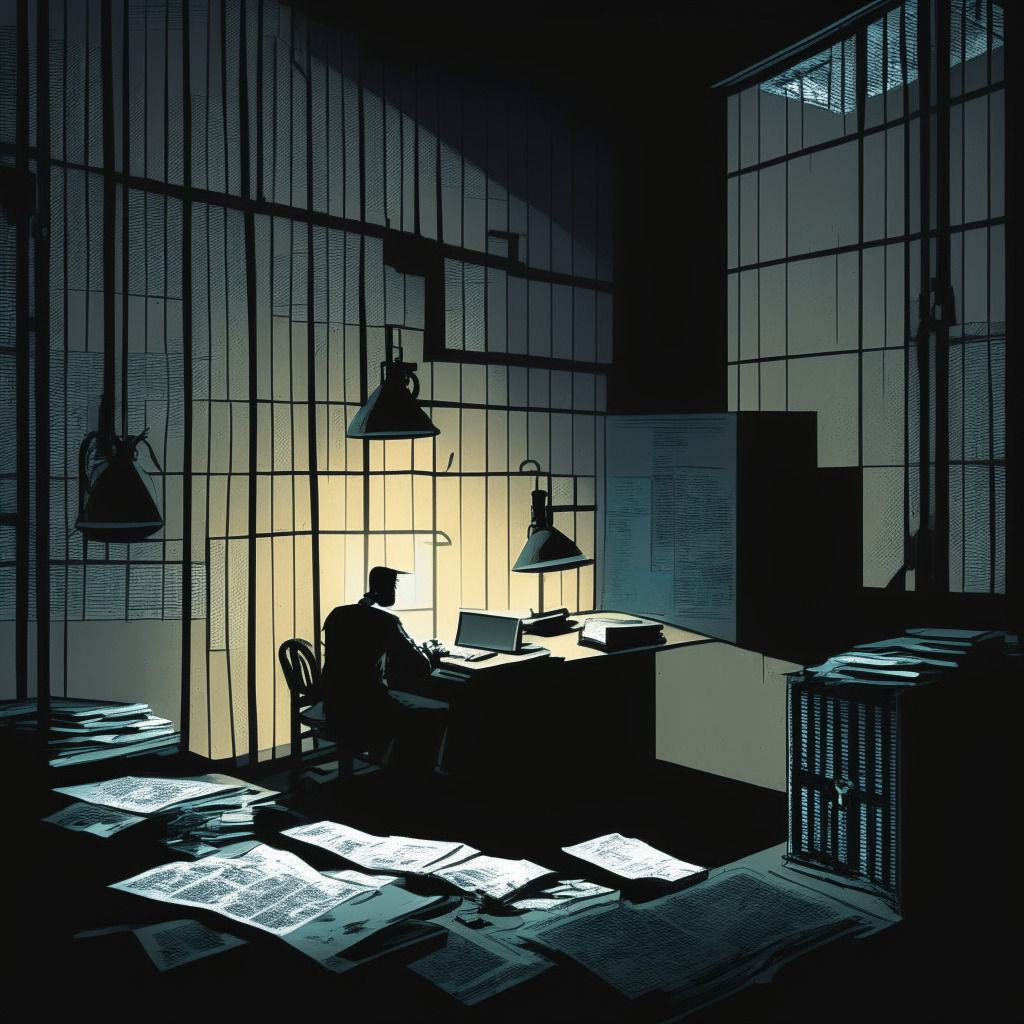In a recent development, a federal judge has given permission to the legal team of Sam Bankman-Fried to meet their client in prison. The order, as per the judge, provides for ‘taking unlimited advantage’ of legal visitation hours at Brooklyn’s Metropolitan Detention Center (MDC) in preparation for a trial scheduled to begin on October 3. Intriguingly, the order also entails that Bankman-Fried will have frequent computer access at MDC to review discovery materials. At his request, ‘selected materials’ can even be put on hard drives for his personal perusal.
However, it’s worth noting that the judge fell short of conceding to the defence’s requests of releasing Bankman-Fried for extended daily meetings at their office in Manhattan, New York. The defence lawyers also requested for the transfer of Bankman-Fried to a lower-security prison in Putnam County, located two hours away from New York City.
For the uninitiated, Bankman-Fried, the FTX founder, landed in a high-security prison two weeks ago. The move came after the presiding judge ruled that the former executive had continuously breached his bail conditions by attempting to establish contact with witnesses due to testify against him. This technology enthusiast turned crypto kingpin faced accusations of utilizing a virtual private network (VPN) to communicate with a former executive earlier this year.
Only months later, a separate instance emerged where he was criticised for supposedly leaking the diary entries of former Alameda Research CEO Caroline Ellison to the New York Times. According to prosecuting attorneys, this can be seen as a move to intimidate Ellison.
This incident underscores the wider issue of legal regulations and their interaction with the blockchain and crypto world. While cryptocurrencies promise unprecedented financial freedom, can this be done without compromising the existing legal frameworks? This is a delicate balance, one that needs navigating with care and precision for the blockchain future to be truly bright and promising.
Source: Coindesk




